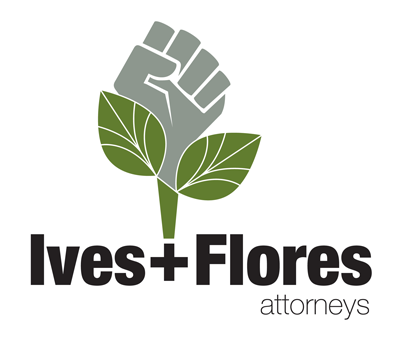The First Amendment of the U.S. Constitution protects your right to protest. You are entitled to peacefully protest on any issue. You can assemble in public spaces, sidewalks, streets and parks to make a stand for the causes in which you believe.
Nonetheless, under certain circumstances, your right to protest may be restricted. Here are some types of restrictions you may face when trying to protest.
When you do not have a valid permit
One person or smaller groups of individuals typically don’t face restrictions when protesting peacefully. However, larger events that contain thousands of individuals may be policed somewhat. Generally, events on this scale should be planned in advance and permits should be obtained.
While the right to protest is vital, the justification for restrictions like this is public safety. A large group of protesters marching down a public street may become dangerous, even if the protest is completely peaceful. Some areas are just not designed to hold a large number of people at any one time.
When you’re protesting on private property
Private property owners have a right to enjoy their property without undue interference. If a protest group stumbles upon private land or encroaches, they may be required to leave legally.
As you can see, there is sometimes a balance to be struck between protecting civil rights and liberties when they come into conflict. Nonetheless, your right to protest should not be restricted without legal justification.
If you’ve been prevented from exercising your right to protest or any other civil right, be sure to look into your legal options in more detail.
